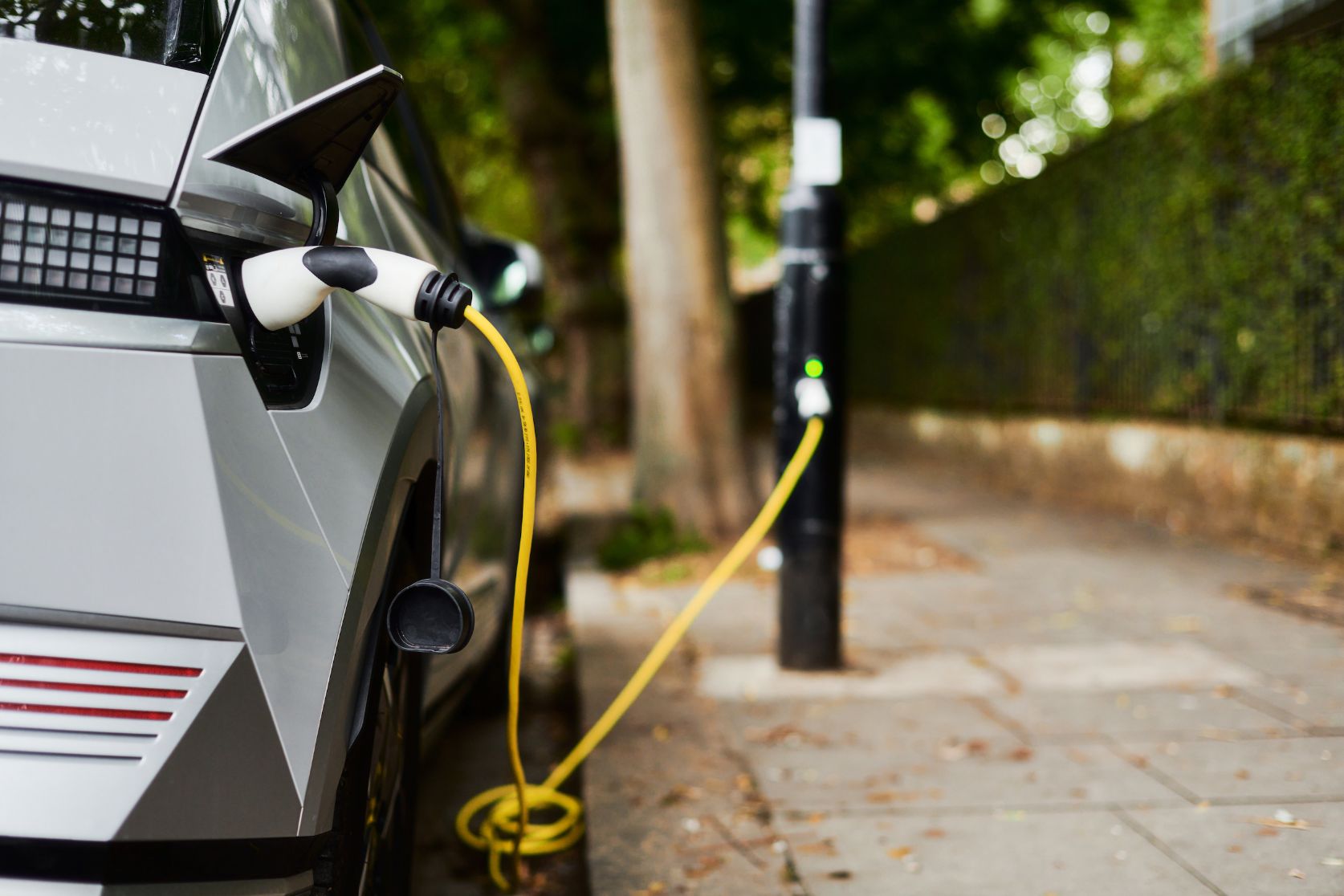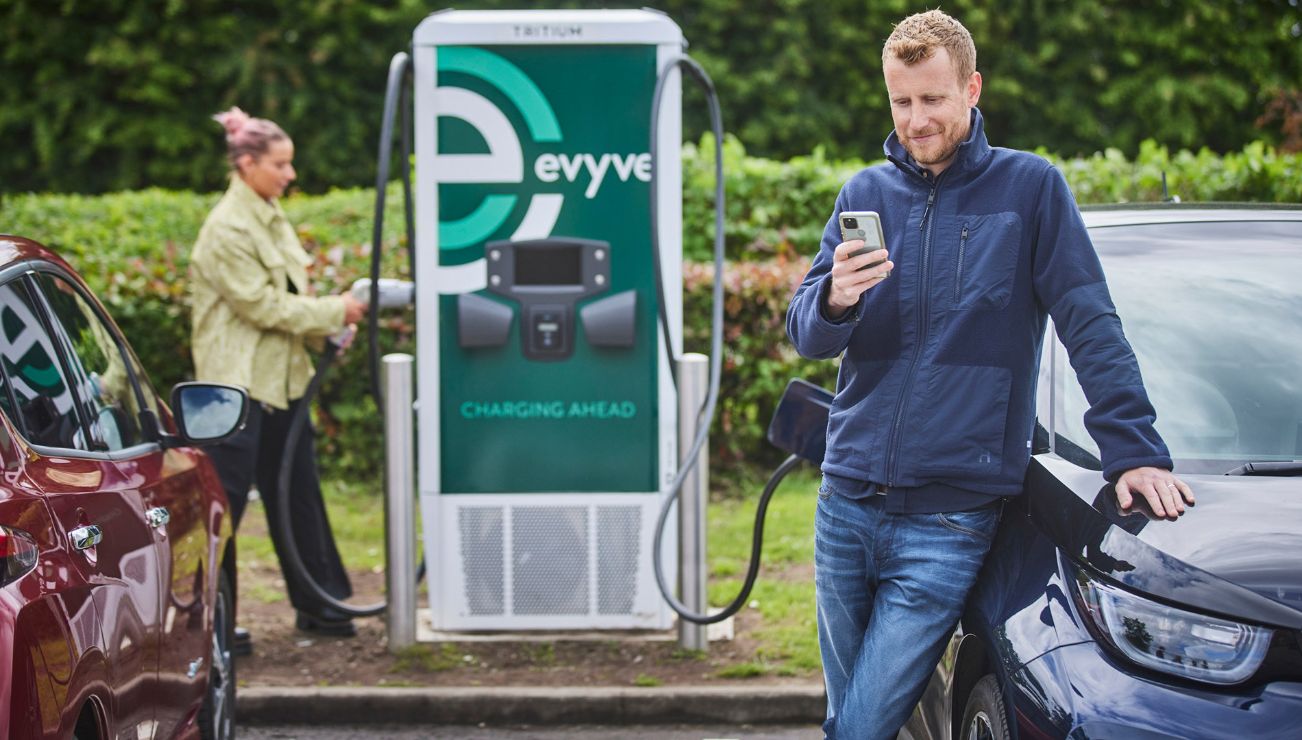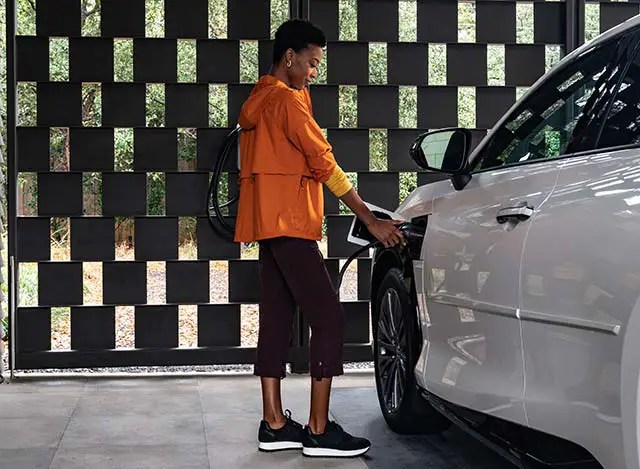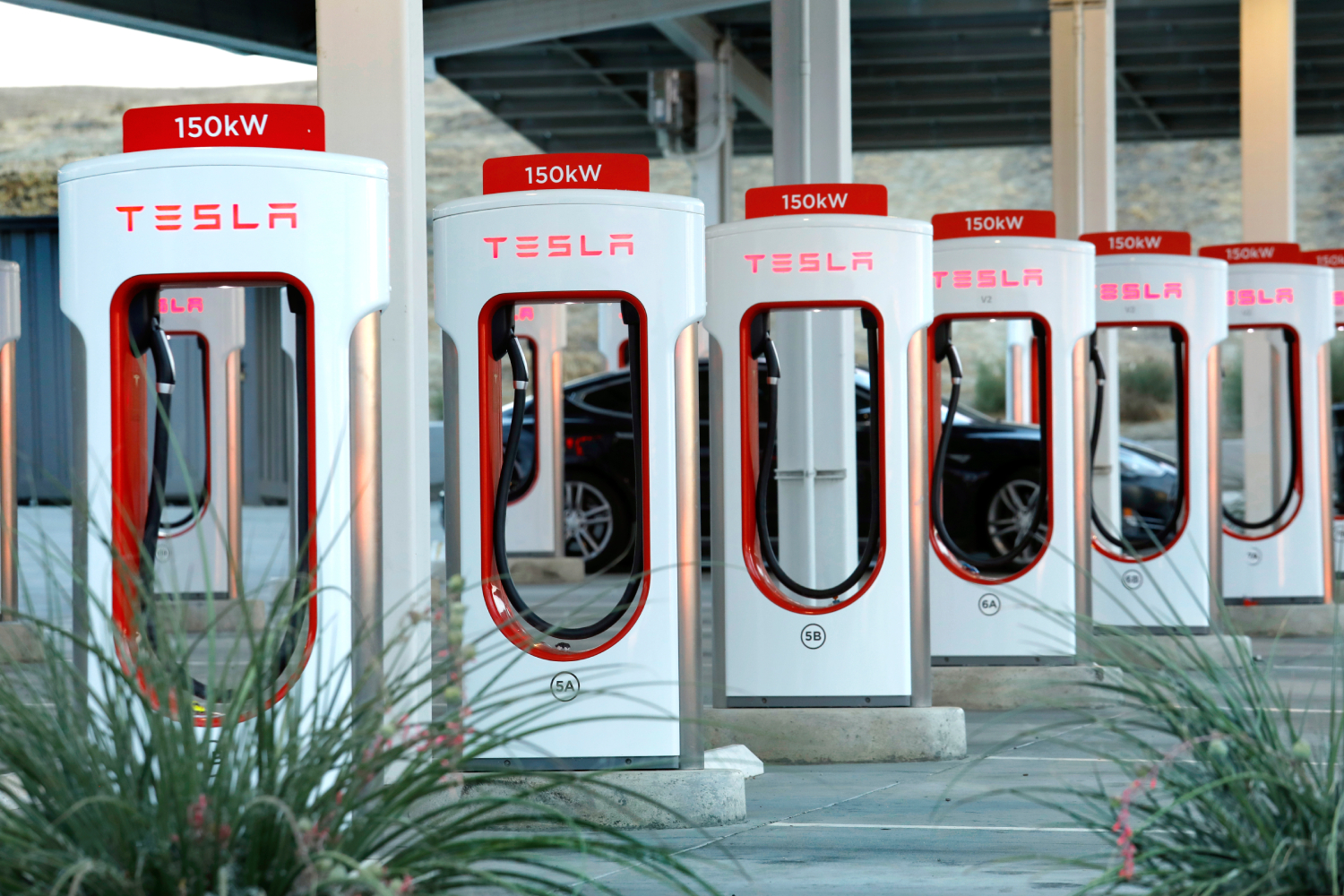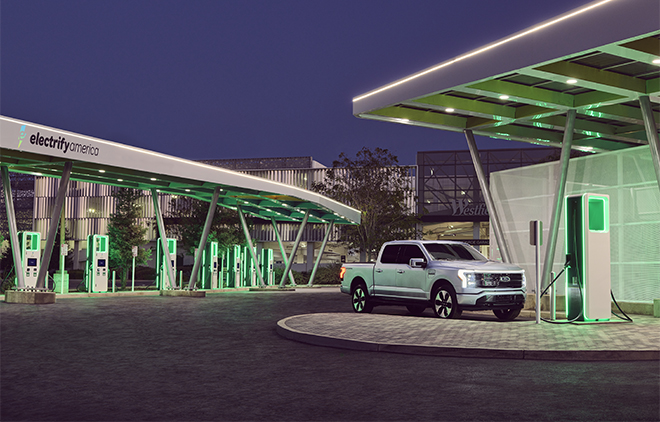Liverpool, located in North West England, has selected Ubitricity to expand the city’s charging network by utilizing lamp posts as charging points. The Berlin-based company, which is now a subsidiary of Shell, has ambitious goals for the UK market. The Liverpool City Council plans for Ubitricity to install 300 charge posts, increasing the existing network of 150 on-street chargers. This move would make Liverpool the authority with the third-largest public charging network in the UK, behind London and Coventry.
A lack of accessible public electric vehicle (EV) charging points is a significant barrier to EV adoption. According to the Department of Transport, as of July 2022, the North-West region had 76% fewer public EV chargers per 100,000 people compared to London. Ubitricity’s charge points, which can be built directly into existing street lampposts, can charge up to 5 kW and can be installed in under two hours. The Liverpool roll-out will be based on requests from residents and businesses, with the Council receiving more than ten requests per week for new public charge points.
Cllr Dan Barrington, Cabinet Member for Climate Change and Highways for Liverpool City Council, commented, “The fact that the roll-out is being led by community requests means the points are going where the demand is needed most, which means they’ll be getting maximum usage.” Ubitricity aims to complete the installation by spring 2022. In the second phase, Shell and Ubitricity will maintain Liverpool’s EV charging network.
Shell acquired Ubitricity in September 2021 and aims to install 50,000 Ubitricity chargers in the UK by 2025, with funding mainly provided by the British Government’s On-Street Residential Charging Scheme. Ubitricity has also been successful in London and Berlin, and recently won a bid in France. As Liverpool aims for net-zero emissions by 2030, the City Council declared a climate emergency in 2019 and had first discussed a clean air plan in 2018.

